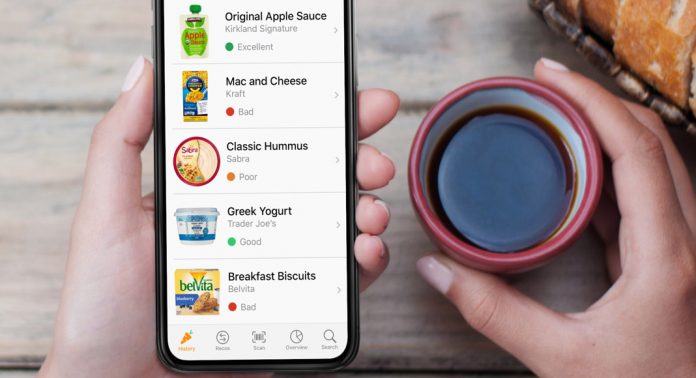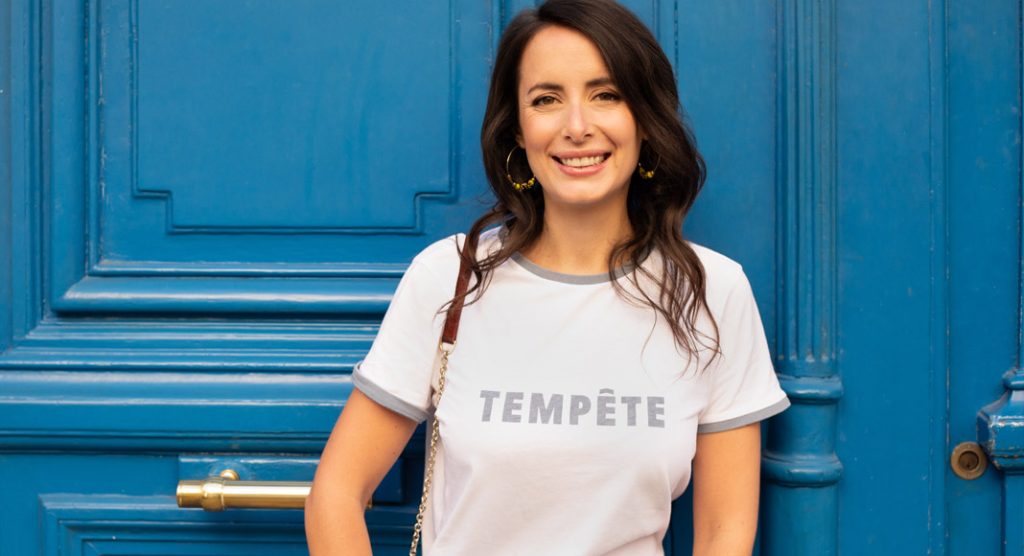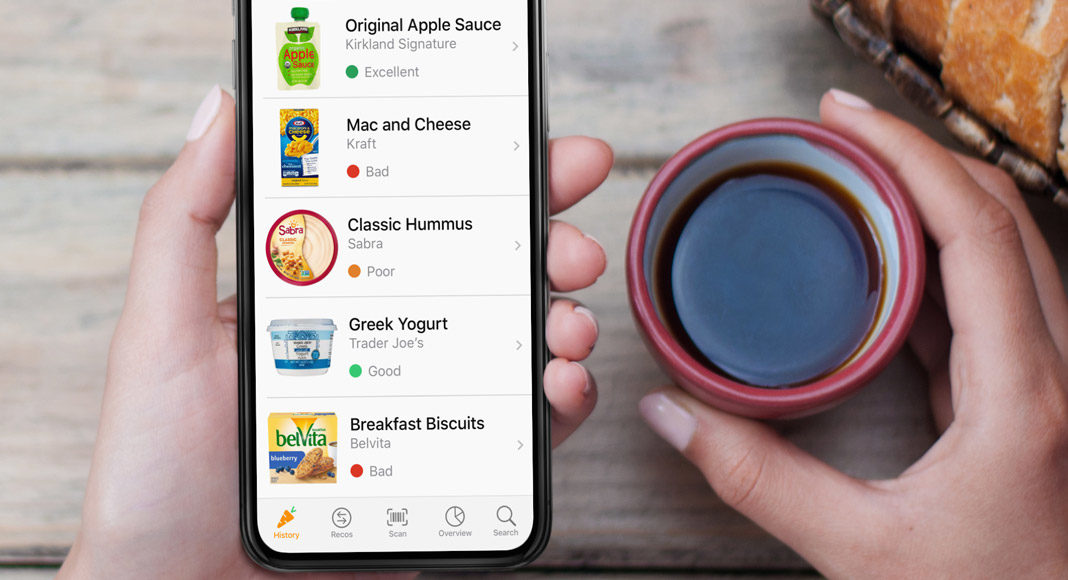
Since its launch in 2017 in France, Yuka, the Smartphone app that analyzes the impact of food and cosmetic products on health, has experienced rapid growth. With 18 million users worldwide, it is now available in Belgium, Switzerland, Luxembourg, the United Kingdom, Ireland, Spain and Canada. In early 2020, it also launched in the United States, where it already has around 100,000 users. A promising start.
" When we started in France, we set ourselves the goal of reaching 100,000 users in one year … We got a million! For Spain, we were greedy: we targeted a million users in one year and we had five. So for the United States, we don't fix anything. We'll see ! Explains Julie Chapon, co-founder of Yuka.
A color code measures the quality of the products
The main challenge for the app, in the US as elsewhere: to have a strong impact on society by moving manufacturers towards better eating and better health. His method? Offer its users an evaluation function for food and cosmetic products. Just scan the bar codes to obtain detailed sheets and a color code: dark green for "excellent" (corresponding to a score between 75 and 100 points out of 100), light green for "good" (score between 50 and 75 out of 100), orange for "poor" (from 20 to 50 points out of 100) and red for "bad" (from 0 to 25 out of 100).
If the rating is "bad", the app offers alternatives. A decryption system that has largely proven itself in France where manufacturers have reviewed recipes. " The Intermarché brand has decided to remove 142 additives from certain products " says Julie Chapon before adding: "The basic idea was to develop a tool to improve what we consume. It’s gratifying to see the food industry adapt. Today, brands even send us their compositions directly. ”
The database, the American challenge
Before reaching this stage in the United States, there is still a long way to go. Because if the product recognition rate rises to more than 99% in France and the USA, it currently reaches 75%. " The biggest challenge in the USA remains the database. We benefited from a starting base of almost 30,000 references, but there is always a time period for users to contribute and scan for new products »Assures the co-founder.

For the moment, word of mouth and feedback from the beta testers have allowed us to grasp the application with American sauce. " The profiles are rather similar with users already in this type of life process. Then there are subtleties: in the US, the nutritional values are calculated in "portion" and not by slice of 100 grams as in France. This required some calculations to adapt Explains Julie Chapon.
“100% independent”
The algorithm of the application calculates its scores according to local criteria which must be adjusted according to the country. The team thus benefits from the support of a scientific committee and collaborations with specialists. On the cosmetic level, the score is obtained according to the recognized and potential dangers of the ingredients.
" In terms of food, the nutritional quality of the product is equivalent to 60% of its rating Explains Julie Chapon. And to clarify: " we use the Nutri-Score calculation method, a scale adopted by several European governments and which assesses foods according to their calorie, protein, fiber, salt, sugar content, etc. " The presence of additives and their risk level is then equivalent to 30% of the rating and the biological dimension to 10% (the USDA Organic label in the United States).
The assessments offered by Yuka are in no way influenced or biased. " We don't receive any funding from industrialists and we really want to remain 100% independent »Assures the co-founder. To succeed in developing, the three co-founders behind the project raised 800,000 euros in funding from business angels in 2018. Enough to recruit a team of ten employees. All are based in Paris and have no foreign office open on the agenda. " It would be heavy and expensive. We manage to do everything remotely and we move if necessary Admits Julie Chapon.
Snapchat and what's new
Today, the application model is viable. A business based on three different sources of income. The first: the premium version of the app which allows the user to have additional functionality for 15 euros per year. " It can scan without Internet network, detect the presence of allergens and unwanted elements and use a search bar Explains Julie Chapon. The second: a 10-week nutritional program available on their blog. And the third: a calendar of seasonal fruits and vegetables.
" In the United States, only the premium version is planned and will probably be available at the start of the school year »Assures the co-founder. Good news, to which is added a major event for the French app: Yuka should be integrated into Snapchat, the successful photo and video sharing app. In parallel, the team is also working on developing a new measure: an environmental score. So many news that allow Yuka to build its reputation internationally.









